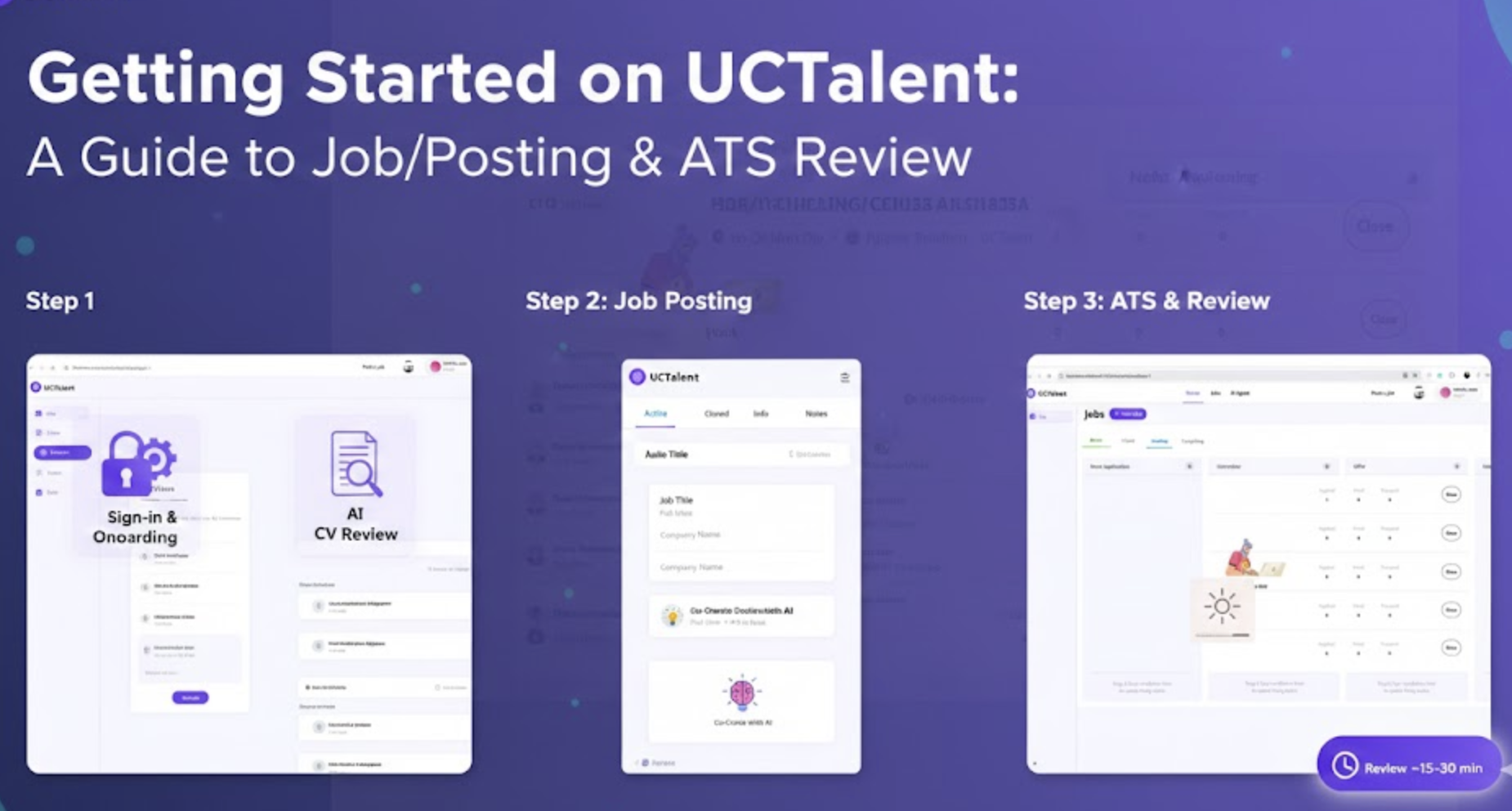Metaverse Integration
Metaverse Integration
This article explores the diverse applications of Metaverse technology in industries like entertainment, education, business operations, customer experiences, virtual work, e-commerce, and marketing. Discover how businesses are leveraging the Metaverse to provide immersive experiences, enhance productivity, and improve customer engagement. Explore with us the limitless possibilities of the Metaverse and its revolutionary effects on our work, play, and interactions with the world.
Entertainment with the Metaverse
The metaverse has become a hotbed for entertainment, with a particular focus on attracting younger consumers who are expected to drive growth in this space. Live performances in the metaverse offer a level of engagement and interactivity that is difficult to replicate on traditional screens. As a result, organizing virtual events in the metaverse can provide customers with a sense of being present in their desired destination. In addition, museums and galleries can benefit from the metaverse by utilizing metaverse radar to increase their visibility and exposure.
Recent examples of successful metaverse concerts featuring Ariana Grande, Justin Bieber, Marshmello, and Travis Scott highlight the potential for immersive entertainment experiences in this realm.

Improved Business Efficiency
The metaverse will enable a more collaborative environment, with ubiquitous and always-present data. In the envisioned metaverse, people will meet virtually using avatars, replicating the feeling of being in the actual room, using VR goggles and motion capture gloves. These tools may extend the reach of workers, enabling them to execute tasks virtually, transport themselves to other work locations, and interact with colleagues in both virtual and physical worlds. For instance, one worker might manage multiple retail stores and orchestrate various situations through a remote immersive digital twin.
Metaverse enhancing learning outcomes and Experiences
With the outbreak of the COVID-19 pandemic, educational institutions had to switch to e-learning platforms, and remote work became the norm for many workers. However, existing video conferencing platforms fail to provide engaging experiences and real-time interaction, limiting collaboration and learning. The metaverse offers a game-changing solution to these limitations, providing educators and workers a collaborative and immersive virtual environment. Instructors and students worldwide can use real-time data streaming and virtual interactions in the metaverse to work through real-life scenarios using constantly updated data, transforming how educators deliver their lessons. Meanwhile, businesses can leverage metaverse technology to provide the next level of virtual meetings, allowing workers to navigate a graphically rich virtual environment with lifelike avatars, providing a more immersive and engaging experience than existing video conferencing platforms.

A New Era for Customer Interaction
Metaverse has the potential to revolutionize the way companies interact with their customers by offering a wide range of possibilities for enhancing customer engagement and creating innovative ways to connect with their audiences. One of the most significant advantages of the Metaverse is that it allows people to visit places virtually where they can't go physically. Using the combined power of the Metaverse, augmented reality (AR), and virtual reality (VR), an advanced virtual world is being developed that offers a first-person experience.
Overall, the Metaverse offers a wealth of possibilities for businesses to interact with their customers in exciting and innovative ways. For instance, a ski resort can use AR to create a virtual guide for skiers to enhance their experience, while a tour company can offer an immersive, interactive experience for customers visiting historical cities. In addition, the Metaverse can provide potential customers with unique shopping experiences, such as automakers offering test drives in an extended reality setting.
A virtual work experience with better connectivity.
The Metaverse has the potential to enhance worker productivity and performance, particularly through the use of augmented reality. By utilizing the fully realized capabilities of the Metaverse, workers can receive real-time information and streamline their tasks. For instance, city workers responsible for inspecting properties across the community could utilize the Metaverse's overlay of digital information onto the real world to view a stream of the necessary information about the properties as they inspect them. If a worker encounters a broken traffic light, they could access information about the issue and immediately update its repair status. Additionally, the Metaverse platform could provide a means of informing other workers and community members of the repair status, all within the same platform.
Metaverse's Potential for e-commerce
Businesses are exploring new opportunities with the implementation of Metaverse technology, stepping beyond the flat e-commerce landscape into interactive virtual environments. In the Metaverse, eCommerce companies can engage with merchants for product inspections, negotiations, and finalizing deals in a virtual space. Moreover, companies can influence customers through immersive and realistic marketing content instead of traditional digital marketing tactics. Metaverse technology also offers a platform for creating, owning, and trading digital and tokenized assets, empowering cryptos and NFTs.
Additionally, Metaverse technology allows eCommerce brands to provide customers with an enhanced experience when trying clothes, glasses, home furnishings, and other products. Companies can set up virtual stores to showcase their products and services, attracting a large number of new customers. Major fashion brands, such as Gucci and Ralph Lauren, are already selling digital-only clothing and accessories, suggesting that the sale of digital assets could become a significant opportunity for many businesses.

Innovative Marketing Campaigns in the Metaverse
Metaverse technology is transforming the way brands tell their stories, offering an innovative way to build brand identity and raise awareness. Unlike traditional storytelling, Metaverse allows audiences to become active participants in the story, creating a more immersive and engaging experience. Companies can use the Metaverse to create their own unique world that represents their brand, providing customers with an unforgettable experience that traditional advertising cannot match.
This technology enables customers to interact with products in a more tangible way, such as using IKEA's Place to view furniture in 3D and true to scale in their own homes. By transcending physical boundaries, the Metaverse opens up exciting new possibilities for brands to connect with their audiences in ways that were previously impossible.








.png)




